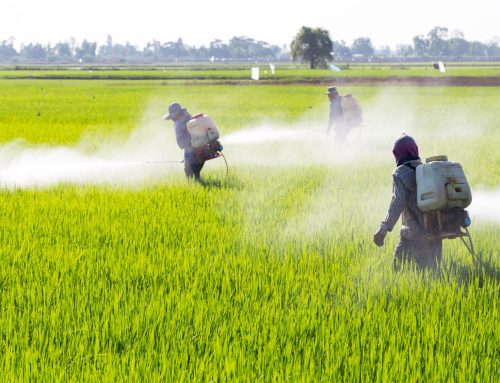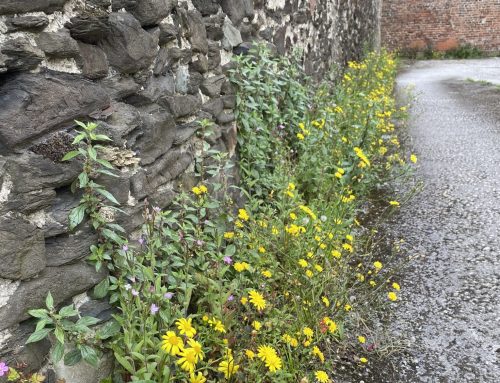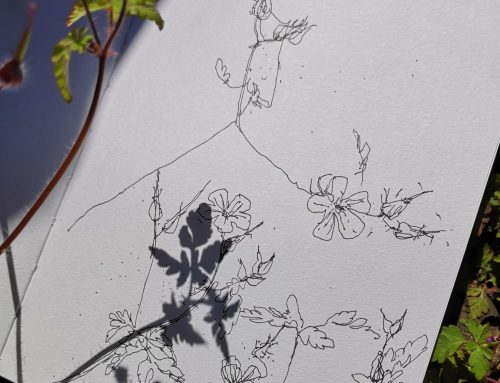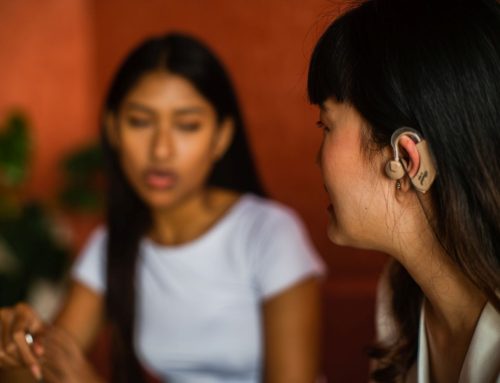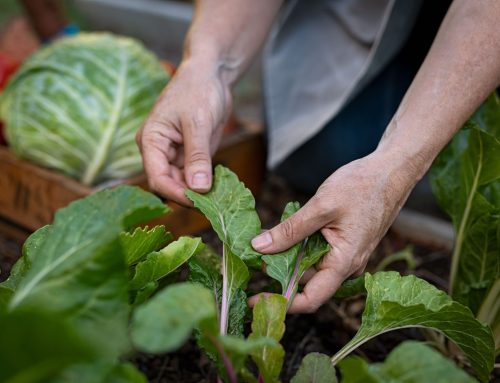Today, 11 global civil society and Indigenous Peoples organisations representing small-scale farmers, agricultural workers, trade unions, and rights holders urged Mr. Qu Dongyu to begin his new term as Director General of the UN Food and Agriculture Organization (FAO) on a positive note by ending a controversial partnership with the pesticide industry.
At its 43rd Conference early in July, the FAO appointed Mr. Qu as Director General for a second term of four years. The appointment comes on the heels of an investigative report revealing shipments of pesticides that FAO made to several countries during the Director General’s first term, while a partnership agreement with CropLife International (CLI), the association of world’s largest agrochemical companies, was in place.
In a letter to DG Qu, the groups ask the Director General to publicly clarify the status of the FAO’s indefinite Letter of Intent (LOI) with CropLife. They reiterate their appeal to rescind the nearly three-year-old agreement that promotes deeper ties between the UN agency and the pesticide industry, an appeal echoed by more than 430 civil society and Indigenous Peoples organizations, 250 scientists and academics, nearly 50 philanthropic groups, nearly 200,000 individuals from over 107 countries, and the UN Special Rapporteur on the Right to Food Michael Fakhri.
The groups also ask DG Qu to “review and discontinue” shipments of all pesticides. Some pesticides included in the FAO shipments, such as paraquat and chlorpyrifos, are considered highly hazardous and are already banned in numerous countries. Paraquat, for example, is highly lethal and has been recommended by the Chemical Review Committee to be listed under the Rotterdam Convention, while chlorpyrifos is damaging to children’s brains at low amounts and is being considered for a global ban under the Stockholm Convention. According to the report, the producers of pesticides shipped by FAO include Syngenta-ChemChina, a member of CropLife.
“Your new term as Director-General is a fresh opportunity for the FAO to show that the pesticide industry does not hold sway over its policies and decisions. All of the FAO’s dealings with the pesticide industry must be subject to greater transparency and accountability,” the letter to DG Qu states.
The groups also underscore that an upcoming world chemicals conference is a not-to-be-missed opportunity for the FAO to act decisively on an earlier recommendation made by the FAO Council to phase-out Highly Hazardous Pesticides (HHPs) as a key step to significantly reduce global harm caused by pesticides.
“We ask the FAO to support the global phase-out of HHPs at the upcoming Fifth session of the International Conference on Chemicals Management in September 2023. To remain relevant, a new policy framework under the Strategic Approach on International Chemical Management (SAICM) must set an ambitious target to phase-out HHPs and establish a clear, effective, and multistakeholder mechanism to achieve this,” the groups state.
The 11 civil society and Indigenous Peoples groups call on the FAO leadership to fulfil its human rights obligations as a key UN institution, and strengthen its commitment to sustainable agri-food systems by supporting the urgent demands of various stakeholders–led by African governments–to set up the Global Alliance on HHPs, a global mechanism to phase-out HHPs under SAICM.
“Many HHPs have been phased-out in several countries without affecting agricultural productivity…With adequate investment in scaling-up ecological alternatives–in which the FAO already plays a key role–it is possible to phase-out the relatively small share of pesticides that cause the most severe harm to human health and the environment,” the groups stress.
“What can people on the frontlines of pesticide exposure expect from the Director General in his second term? Will we finally see the FAO do the right thing, and stop collaborating with producers of toxic pesticides? With 385 million poisonings each year, there isn’t any more time to wait for stronger action on phasing-out at the very least the most hazardous pesticides. We hope this new term comes with renewed action to uphold the FAO’s role in achieving a just and sustainable food system.”
Zimyl Adler, PAN North America

